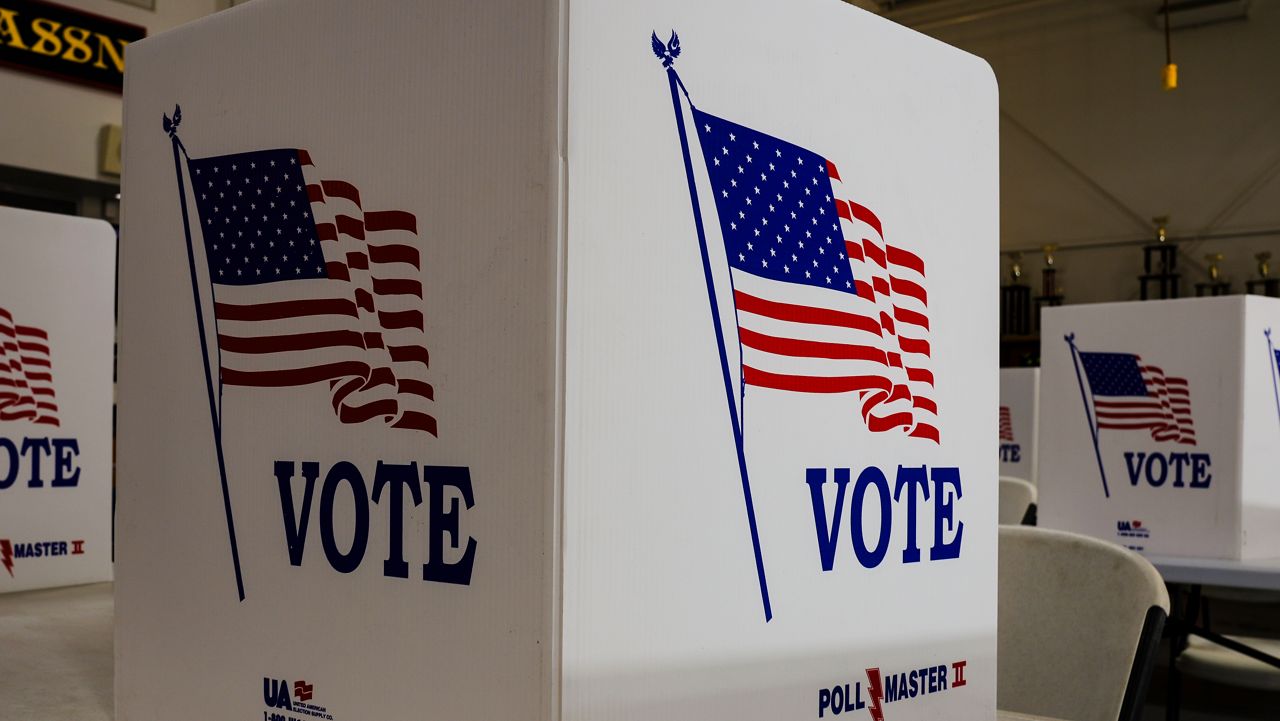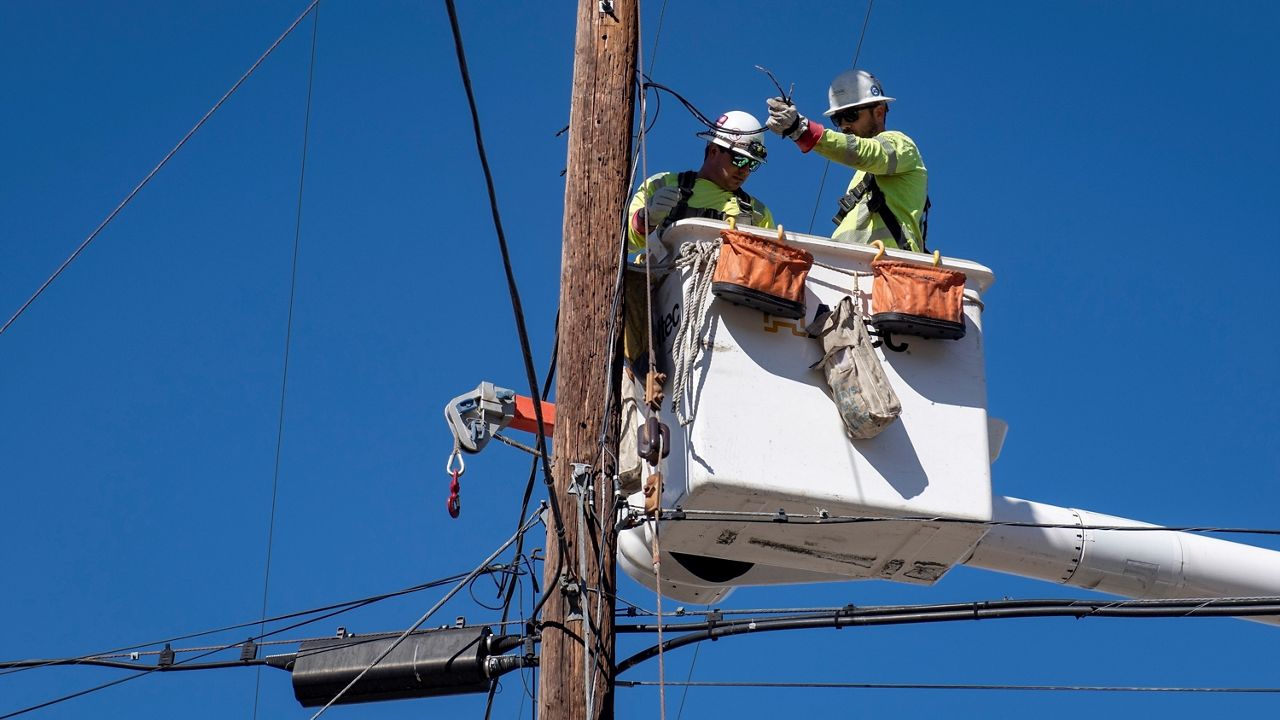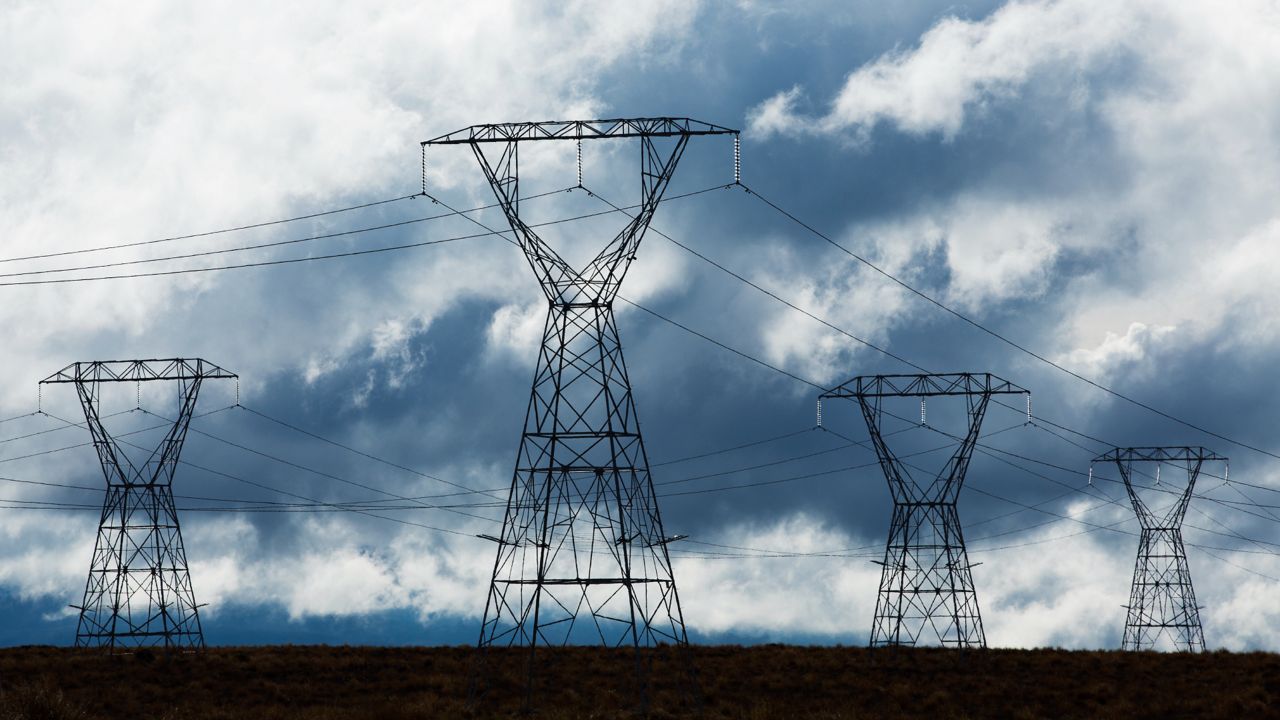Hillsborough County State Attorney Andrew Warren says he’s closer than ever to finally creating a system in the county that could allow felons who still have outstanding financial obligations from their criminal sentence to get their right to vote restored.
- "All terms" condition was specified by Legislature in 2019
- Plan would let felons petition his office to get voting rights restored
- More Politics headlines
“I think that in the next few weeks, we’re going to see the first batch of filings made for people who are unable to pay what they owe, but cannot be constitutionally barred from voting because of their wealth to come through this process,” he told Spectrum Bay News 9 on Friday.
His efforts come as the federal trial which could allow hundreds of thousands of felons to have their voting rights continued in Tallahassee.
Amendment 4 was passed by more than 65 percent of Floridians in 2018. The measure called for the automatic restoration of voting rights to felons who had completed all terms of their sentence. In 2019 the Florida Legislature specified that “all terms” meant paying off all fines, fees, costs and restitution, leading a host of civil rights groups to file a lawsuit that is now playing out in the capital.
Shortly after Gov. Ron DeSantis signed the bill (SB 7066), Warren announced that his office was exploring the idea of asking a judge to waive the court costs in favor of community service for a large number of cases. He then came back last December and unveiled a process where felons could petition his office to possibly get their voting rights restored.
Five months later, Warren says that his proposal – in conjunction with the clerks of the court office, the public defender and the 13th Judicial Circuit – will hopefully begin in a couple of weeks.
“We were really excited that we had the process in place before the end of the year which was faster than we thought we were able to do, but that was our goal,” Warren said via Zoom call on Friday. “And we started accepting the applications and the petitions before the end of December with the idea that they then had to be vetted and they had to go through the Public Defender’s office to be filed in court - and we’re all ready to move forward in the early part of this year, and then of course, Covid hit.”
Warren’s office has been working with the Clerk of the Courts to find out as accurately as possible how much that “returning citizen” owes in those fines. That hasn’t been easy.
During a hearing on the case last fall, Federal Judge Robert Hinkle called the process of determining how much felons owe from their sentences “an administrative nightmare.”
“The government placed this burden on people, saying you have to pay everything you owe,” Warren says, adding that “the government can’t even tell people what they owe with any accuracy.”
His office has also been working with the Florida Rights Restoration Coalition to ensure that the returning citizen doesn’t have any disqualifying convictions. Then the paperwork is handed over to Public Defender Julianne Holt’s office to determine how much they owe and how much they can pay. The final decision whether that person can or can’t truly afford to pay would be decided by a judge inHillsborough’s13thJudicial Circuit.
“This is not going to be any type of rocket-docket rubber stamping of these cases,” says Chief Judge Ronald Ficarrotta from the 13th Circuit. “Each of them is going to have to be reviewed individually and so it’s going to be an ongoing process.”
Neil Volz with the Florida Rights Restoration Coalition says his organization is currently working with felons to determine what they owe with the judicial circuit offices in Miami-Dade, Palm Beach and Hillsborough counties, and has a program in development with Orange/Osceola County.
The Amendment 4 trial has taken place over video conference this week. Whichever way that Judge Hinkle rules, the losing side is expected to appeal.









